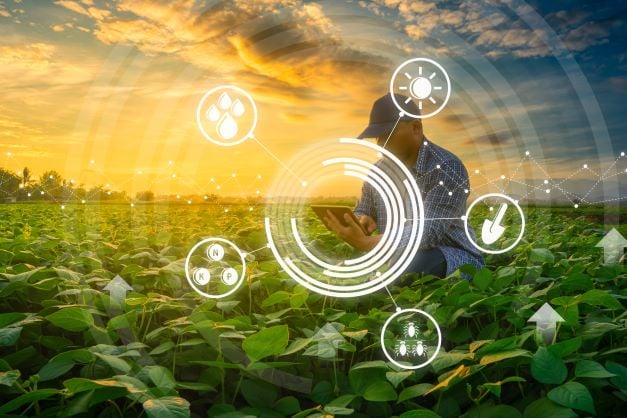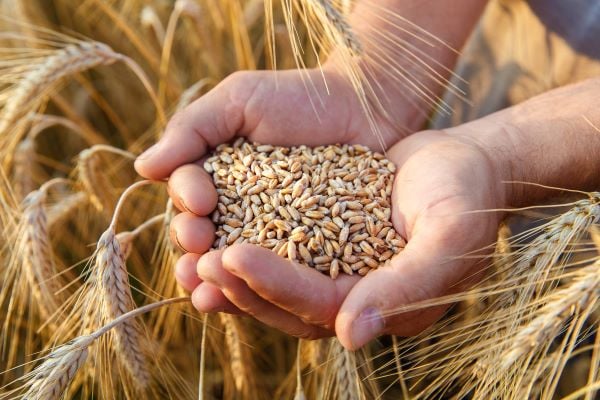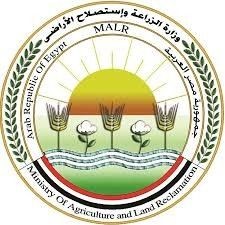Agriculture Challenges & Opportunities Facing MENA in 2023

It’s not surprising that the growth forecast for the global agricultural complex is positive, and agriculture in the MENA region specifically is expected to grow at a healthy CAGR of 5.7% over the next 5 years. However this does not mean the road to the future is all set as the industry growth has to happen with some shifts in practices and trends over the coming year.
Over 80% of MENA is desert, yet growing populations in urban areas will urge countries to increase production and yield. The use of Agritech, which is the application of technology and emerging innovations to improve process efficiency in the agricultural sector, will start to become more mainstream to enable more sustainable farming practices that use less water. The AgriTech market size in the MENA region is anticipated to grow with a CAGR of 12.62%. From the use of drones, IoT enabled sensors, and vertical farming, to smart soil and irrigation management, farms have many options to choose from. While solutions will vary widely based on crops, location and land, all farms can benefit from more efficient management and updated processes.
Increasing crop yield has become a major concern for countries and is an even more critical issue now. The Russia-Ukraine war disrupted wheat imports in MENA. The region is highly reliant on grains and an estimated 20% of the population is facing food insecurity. Ensuring that the region is as self-sufficient as possible where staple foods are concerned is no longer a luxury but a necessity. We expect to see more countries introducing stewardship programs and legislature that will protect crops, help farmers use the latest plant-science, and closely monitor the use of chemicals and pesticides to help improve production.
While these trends might seem to be a direct response to an immediate problem, they are also part of a larger trend, preparing for a more drastic change to come. The already arid, dry lands of MENA are a challenge to farm, but with the region seeing an increase of up to 6 degrees per decade, it is only going to become harder to grow crops. Research is already ongoing on finding more resilient strains and seeds to handle the upcoming and inevitable climate change. Many farmers have already made the switch and it is expected to see governments and institutions working towards more large-scale solutions driven by the need to support agriculture for a sustainable and food secure future in the MENA region.



